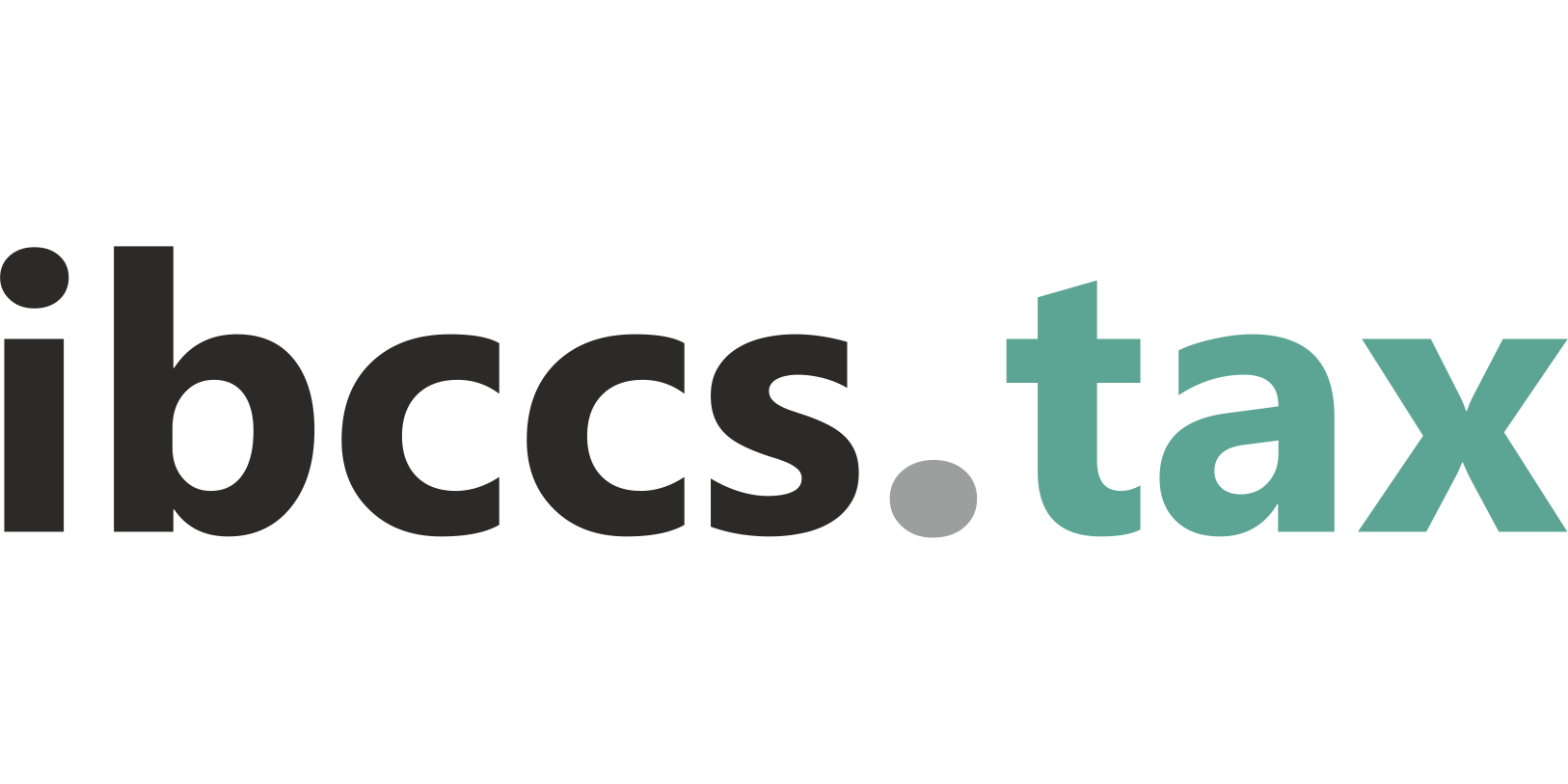The European Union has agreed to remove Anguilla, Dominica, and Seychelles from its blacklist of tax havens. All three had previously been placed on the list because they did not fulfill the EU’s tax transparency standards of being assessed as at least “largely compliant” by the OECD Global Forum in terms of information exchange on request. The delisting was preceded by the forum’s decision to grant these jurisdictions a supplementary review on this matter.
Nine jurisdictions still remain on the EU list of non-cooperative jurisdictions (Annex I):
- American Samoa,
- Fiji,
- Guam,
- Palau,
- Panama,
- Samoa,
- Trinidad and Tobago,
- US Virgin Islands,
- Vanuatu.
Anguilla, Dominica, and Seychelles are now included in the state of play document (Annex II) called also “grey list”, which covers jurisdictions that do not yet comply with all international tax standards but have committed to adopting tax good governance principles pending the allowed additional review.
Costa Rica, Hong Kong, Malaysia, North Macedonia, Qatar and Uruguay have also been added to this document, while Australia, Eswatini and Maldives have implemented all the necessary tax reforms and have therefore been removed from it.
Turkey continues to be mentioned in Annex II. In its conclusions of February 2021, the Council called on Turkey to commit to automatic exchange of information with all member states. Even though progress has since been made, further steps need to be taken.
The Council revises its list of non-cooperative jurisdictions and an accompanying state of play document twice a year. This practice was formed in 2017 to promote global good governance in taxes and to alert member countries on which non-EU jurisdictions engage in abusive tax practices. They can then take defensive steps to protect their tax income and fight against tax fraud, evasion, and abuse. The criteria for listing are in line with international tax standards and focus on tax transparency, fair taxation and prevention of tax base erosion and profit shifting. The Council engages with the countries that do not meet these requirements, monitors their progress, evaluates, and updates this list on a regular basis.


